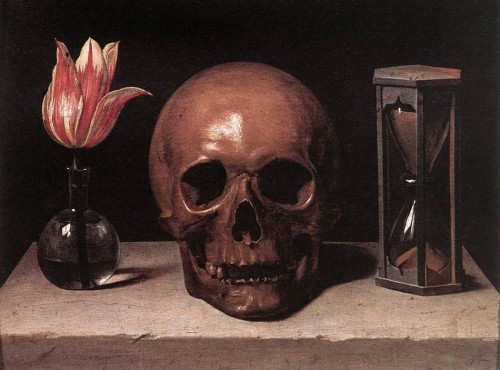RECONSTRUCTING THE CHANGING FACE OF DEATH
— Charles Corr
A large number of people are filled with great anxiety or discomfort at the mere mention of the term death. And yet death is, after all, one of the few common denominators that we all share.
 Others report that they do not know what to think or feel about death, and that this perplexity makes them unsure about taking part in inquiries related to death.
Others report that they do not know what to think or feel about death, and that this perplexity makes them unsure about taking part in inquiries related to death.
Exceptions to these prohibitions against the study of death are sometimes granted to theologians or philosophers on the ground that their work focuses on the spiritual dimensions of death.
These conflicting viewpoints remind us of the limitations of our own experience and draw attention to the important role our own attitudes and personal concerns play in determining whether and how we will deal with projects concerning death.
Death is not a single, monolithic entity; it is a complex and many sided dimension of human experience.
I think it is helpful to start out, not with large-scale philosophical or religious theories of the ultimate meaning of death, but with a more proximate and prosaic examination of those experiences and attitudes that are related to death and encountered in our daily lives.
Death is present in the cycles of growth and decay that we witness in nature, in the pets and other animals we bury as children, in the cemeteries and funeral homes that we drive past, and in numerous aspects of our daily experience. Yet we lack a direct contact with natural human death. We are the first “death-free” society.”
People in our society are increasingly likely to be born, grow to maturity, have children of their own without ever witnessing the natural death of a close relative or friend. This situation is unique in contrast with the experiences of other peoples and or other times in the history of our country.
One more point to acknowledge explicitly is that the face of death, as we perceive it, is composed both of cognitive and affective elements.
